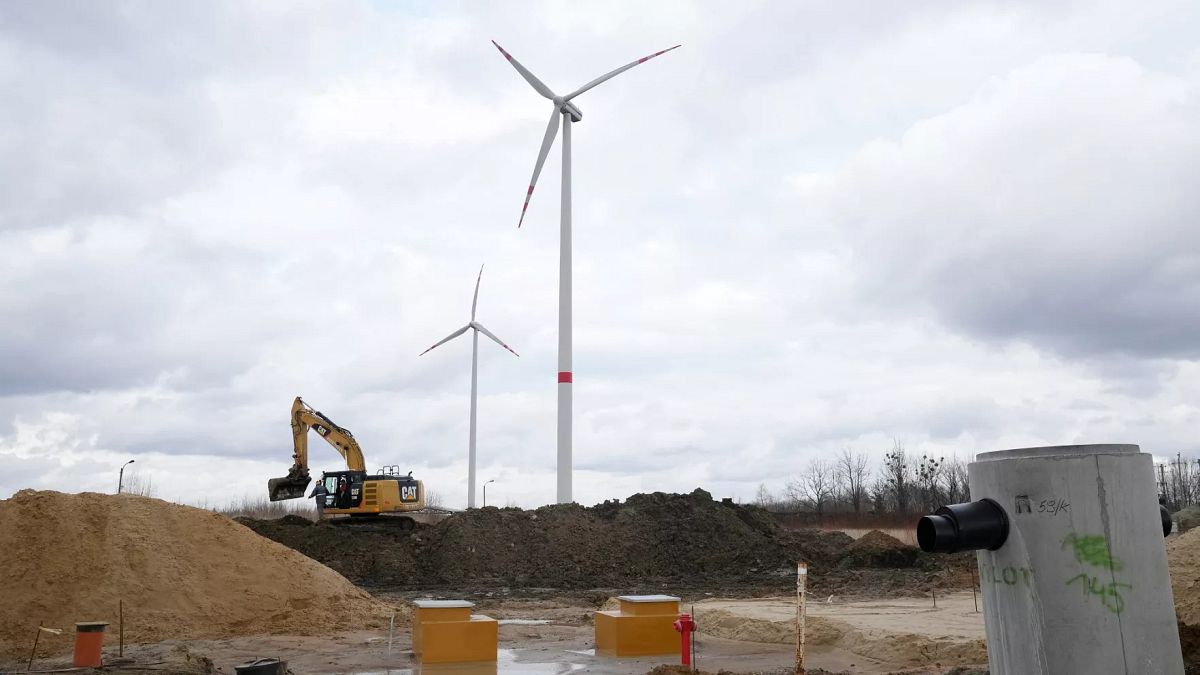

Across the globe, communities are experiencing meaningful transformations that highlight both advancements and promising futures in various sectors. From energy transitions in Poland to urban renewal in Paris, and political changes in Suriname, these developments promise to reshape lives positively while encouraging sustainable and inclusive growth.
Poland, a country traditionally reliant on coal, has taken a significant step toward a sustainable energy future. For the first time, the nation has generated more electricity from renewable sources than from coal over an entire month. This milestone underscores a shift in Poland’s energy landscape, marking a crucial moment in its journey toward reducing dependency on fossil fuels. In recent years, coal consumption has been declining in the country, though the broader energy matrix still sees considerable use of oil and gas. Despite these challenges, Poland’s commitment to renewable energy suggests a promising path forward, emphasizing the importance of collective efforts to tackle climate change.
As Poland embraces cleaner energy, Paris is embarking on its own journey of renewal and reconnection with the Seine River. Historically, the river has been a cultural and commercial artery of the city, yet swimming in its waters became prohibited over a century ago due to pollution concerns. However, efforts to clean and rejuvenate the Seine have been underway, paving the way for it to be reopened for swimming. This revival of the Seine for public bathing not only aims to enhance the city’s recreational offerings but also reinforces the importance of urban environmental stewardship. Although excitement builds around this initiative, some locals remain cautious, pondering the river’s readiness for swimming. These ongoing efforts in water cleanliness reflect a dedicated push towards greener urban living, seeking harmony between natural resources and public enjoyment.
In a momentous political development, Suriname is on the cusp of electing its first female president, Jennifer Geerlings-Simons. Running unopposed, Geerlings-Simons, a congresswoman and physician aged 71, is poised to lead one of the Caribbean’s most resource-abundant yet economically challenged nations. This comes at a time when Suriname has made significant oil reserve discoveries, which are expected to bring substantial economic dividends. This political shift not only symbolizes a nod toward gender equality but also embodies economic optimism. As Suriname eyes these lucrative oil reserves, the new leadership anticipates driving growth and improving livelihoods while navigating the complexities of resource management.
The election of Geerlings-Simons follows the tenure of the current president, Chandrikapersad Santokhi, who has been in office since 2020. His administration has made concerted efforts to stabilize Suriname’s economy and strengthen its governance institutions. Geerlings-Simons’ forthcoming presidency marks a continuation and potential acceleration of these reforms, with a focus on harnessing new resources responsibly to uplift the nation’s economic standing and improve the quality of life for its citizens.
Each of these stories paints a picture of progress and possibility. Whether it’s through embracing renewable energy, rekindling historical connections between a city and its waterways, or witnessing a groundbreaking political transformation, these developments share a core theme: the pursuit of better futures through mindful change. They remind us that while obstacles remain, collective intention and action hold the key to positive outcomes. As we watch these transitions unfold, they offer hope and inspiration for a more sustainable and equitable world.
Source: {link}
